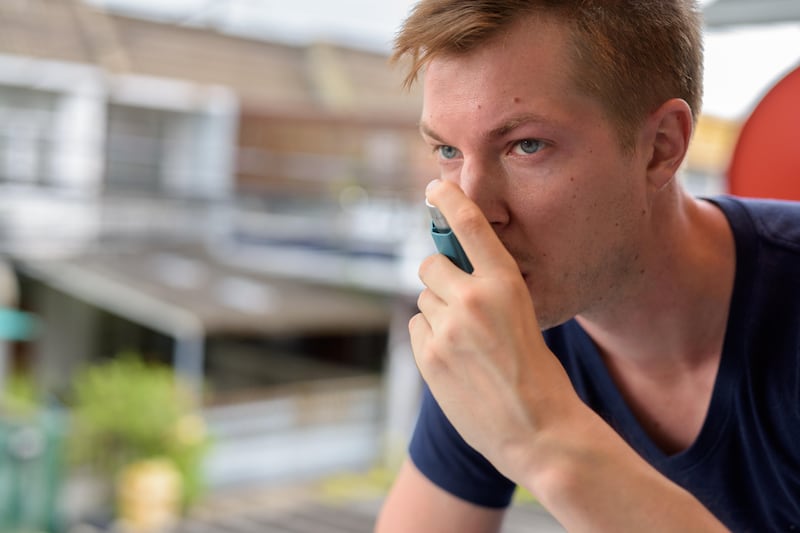Are you one of those people who exercise a lot and yet see no visible health benefits from your efforts? Ever wondered why that might be? A team of scientists from Japan think they may have the answer.
Researchers from Kanazawa University believe exercise affects individuals differently, and as a result “some people derive little benefit from the health-promoting effects of regular exercise”.
They think it’s all down to a protein that’s produced and secreted in the liver called selenoprotein P.
Their research suggests people with high level of selenoprotein P in the blood show low responsiveness to exercise, which scientists refer to as “exercise resistance”.

To prove their theory, researchers conducted two studies. The first was on a group of mice who were subjected to 30 minute treadmill run for one month.
The team found that after the month-long training, the selenoprotein P-deficient mice showed higher exercise capacity than regular lab mice.
The second study involved 31 healthy but sedentary women who underwent aerobic training for eight weeks. Scientists measured their maximal oxygen consumption (which assesses the body’s ability to consume oxygen during exercise) and found that those who had high level of selenoprotein P in the blood before training did not show much elevation.
When your maximal oxygen consumption is elevated, it means your body can take in more oxygen and deliver it to your muscles, enabling you to run faster or perform your exercise better.

The researchers say their results demonstrate selenoprotein P causes “exercise resistance by affecting muscles through the receptor LRP1 (a protein found in the plasma membrane of cells), hence cancelling the effects of exercise”.
Long story short, researchers conclude having high levels of selenoprotein P isn’t very helpful if you are looking for health benefits from exercise.
Although further studies need to be done to find out more about selenoprotein P, scientists believe their research could shed light on diseases resulting from a sedentary lifestyle such as obesity and type-2 diabetes.
The research is published in Nature Medicine.








